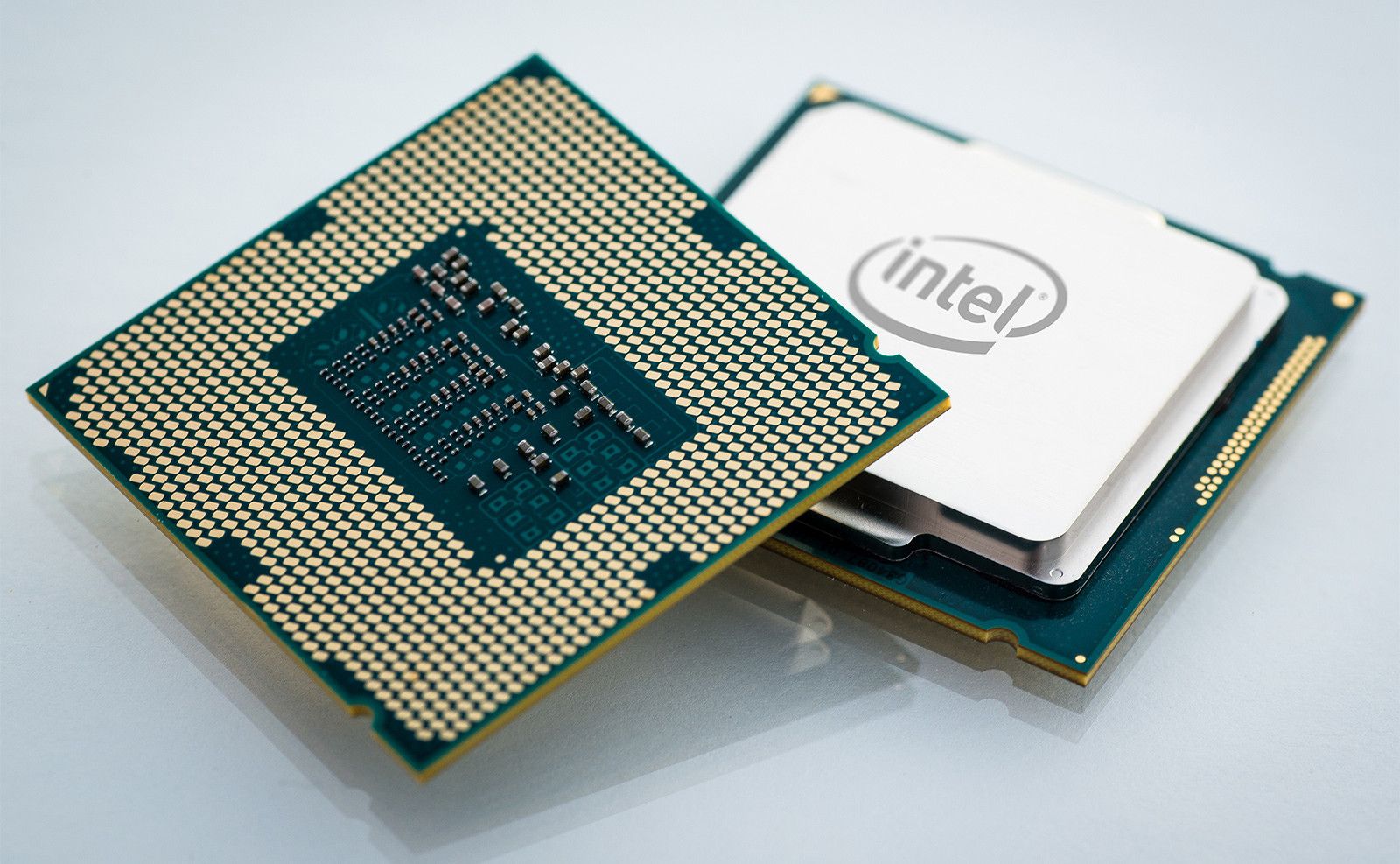Intel’s Raptor Lake CPUs are seeing more regular leakage these days, and another engineering sample has just been spotted, hinting at fast clock speeds and performance for the flagship chip.
This leak comes in the form a purported benchmark of the Core i9-13900K, with the 24-core processor (with 8 performance cores, and 16 efficiency cores) showing up in a Geekbench result.
The result itself is not as important as the clocks which the 13900K was seen running with, namely a base clock of 3GHz and boost of 5.5GHz. Remember, this is still a pre-release sample chip – in theory, assuming the benchmark isn’t faked – so those aren’t going to be the final speeds (we’d certainly expect more from the base clock frequency with the finished item).
The leak also shows Turbo (boost) speeds briefly touching 5.7GHz, which could be a promising indication that maximum boost speeds (for a short time, with Thermal Velocity Boost) might even sneak a touch higher than that with the final CPU.
After all, in the past we have heard about the Raptor Lake flagship reaching a maximum boost of 5.8GHz straight out of the box, and that kind of talk has persisted for a while now (with some rumor pedlars even floating the idea that still faster max boosts might be hit – though we’d definitely take that with more skepticism than usual).
As for the Geekbench 5 score itself, it puts the sample 13900K at around 8% and 37% faster than its predecessor for single-core and multi-core performance, as VideoCardz (opens in new tab), which spotted the result (flagged up by BenchLeaks (opens in new tab)), points out. However, we can’t read much into this because as already noted, it’s not the finished CPU.
Analysis: Next-gen CPU battle is a tough one to call
This is another suggestion, then, that the Core i9-13900K could reach some seriously beefy speeds at its default configuration, let alone before enthusiasts start tinkering with it and overclocking the CPU.
The possibilities therein could have AMD worried, particularly when other recent leaks around Raptor Lake performance suggest that Intel is onto something more promising than you might think given that the 13th-gen silicon is supposedly a simple refresh of Alder Lake.
That said, AMD is taking a big step forward itself with next-gen Ryzen 7000 processors, which will be built on an entirely new Zen 4 architecture – with Team Red also looking to usher in big steps forward with boost speeds.
Next-gen CPUs could be a close-fought battle, then, and ultimately it’s difficult to judge based on what’s floating around via the rumor mill. What could be more worrying for AMD is how fast Intel might push to follow-up Raptor with Meteor Lake – on an all-new 7nm process – with speculation pointing to those 14th-gen chips kicking off at some point during Q2 2023. That would really put pressure on AMD, if it comes to fruition.
While we need to be careful around any leaks, it’s worth noting that the engineering chip seen here was installed in an Asus ROG Maximus Z690 Extreme motherboard, which has just had its BIOS updated with support for Raptor Lake CPUs. That gives this leak a bit more weight in terms of its likely authenticity, particularly as the specs match up with another recently sighted 13900K pre-release sample which showed a 5.5GHz boost.
The fact that there’s a seemingly steady stream of Raptor Lake leakage right now is also a positive sign that Intel’s 13th-gen processors could just sneak out earlier than expected. As we recently theorized, that might mean a September launch rather than the commonly rumored October timeframe, but only time will tell.





